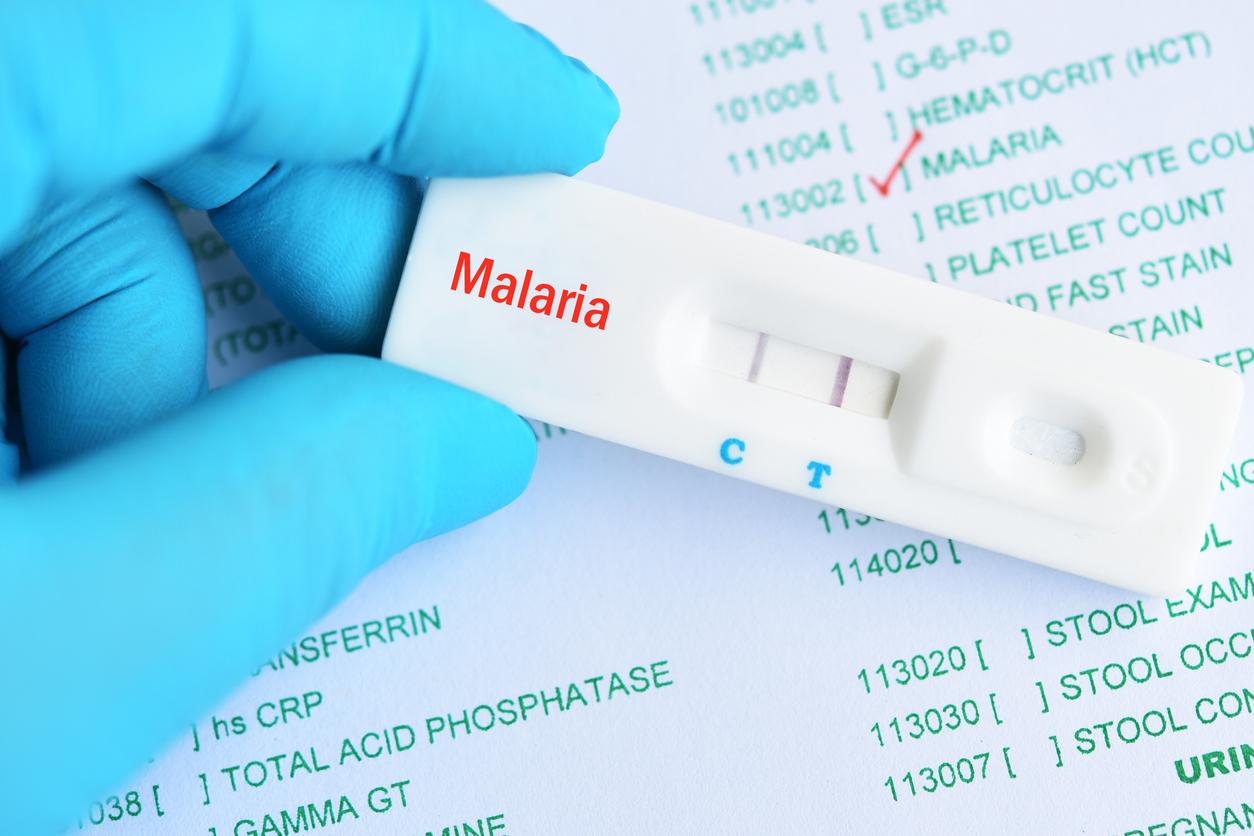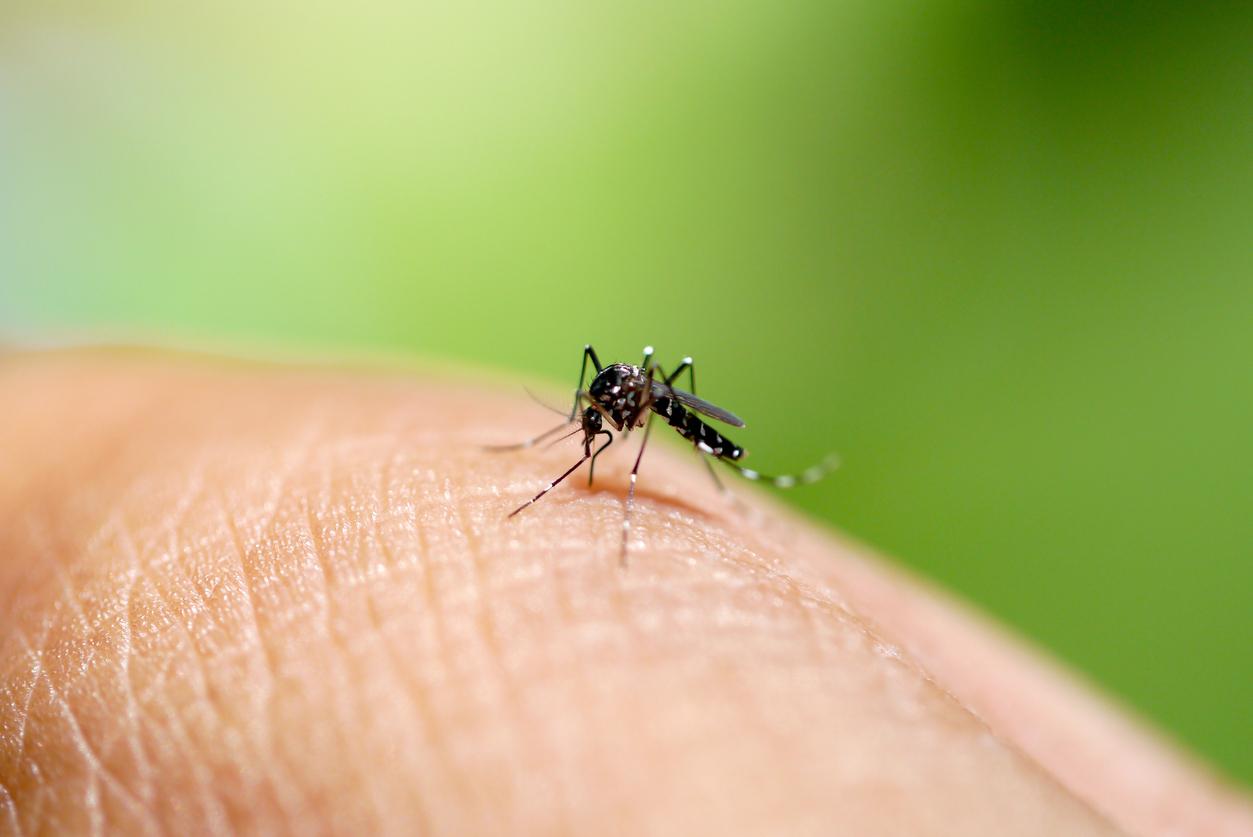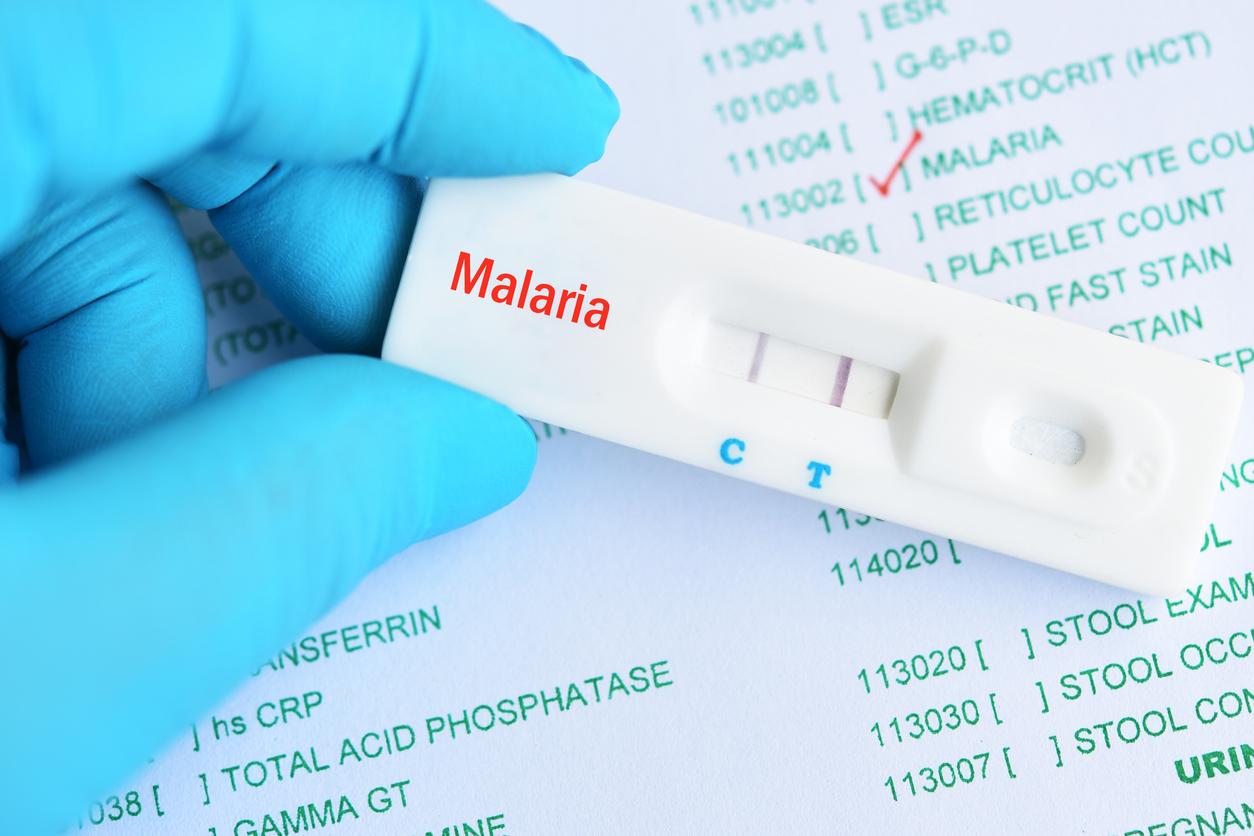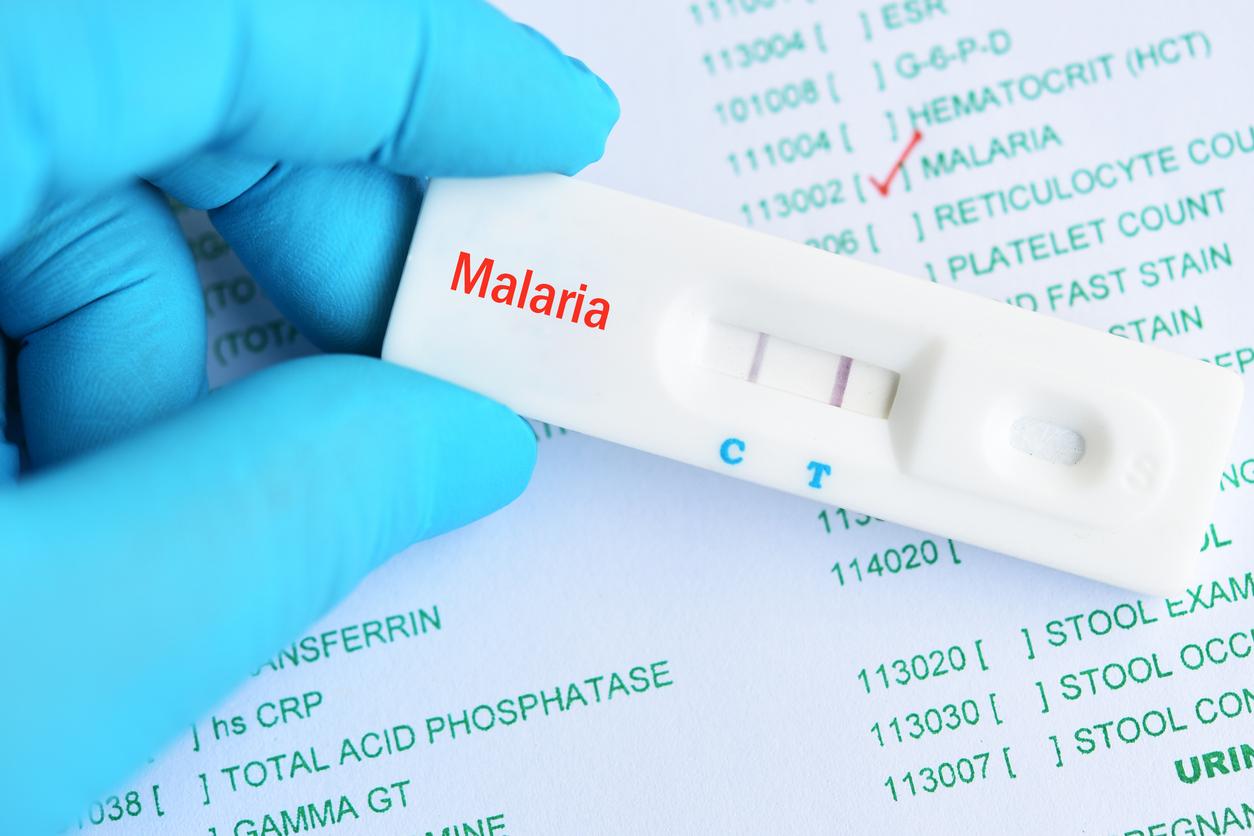According to the World Health Organization, Cape Verde has officially eliminated malaria, a disease transmitted by mosquitoes.

- Cape Verde has officially eradicated malaria.
- Three countries in Africa have achieved this according to the World Health Organization.
- 95% of malaria cases in the world are detected on the African continent.
Cape Verde has officially eliminated malaria. The World Health Organization announces that this state has obtained certification of the elimination of this parasite, in a communicated, published on January 12. The archipelago, located off the coast of West Africa, is the “third country obtaining this certification in the WHO African Region after Mauritius and Algeria, certified respectively in 1973 and 2019″, specifies the organization. In total, 43 countries and one territory have this certification.
Malaria: what criteria attest to its eradication?
Eradication certification is granted when a country has demonstrated “rigorous and credible factual data that the indigenous chain of transmission of malaria by mosquitoes of the Anopheles genus has been interrupted throughout its territory for at least three consecutive years”, specifies the WHO. At the same time, the country must also prove that it is capable of preventing the resumption of transmission.
How did Cape Verde manage to eradicate malaria?
Before the 1950s, malaria circulated in the ten islands making up the Cape Verde archipelago. “Through the targeted use of a measure like insecticide spraying, the country eliminated malaria twice: in 1967 and in 1983notes the organization. However, subsequent failures in vector control allowed the disease to make a comeback..” In 2007, the fight against pathology was integrated into national policy. A strategic plan was put in place between 2009 and 2013 with several areas of work: improving diagnosis, early treatment and reporting of all cases with systematic investigation.”To stem the flow of cases imported from mainland Africa, international travelers and migrants have been tested and treated free of charge., completes the WHO. Since the last peak of malaria cases in the late 1980s, malaria has only circulated in two islands: Santiago and Boa Vista, both of which have now been malaria-free since 2017.”The success of Cape Verde is a beacon of hope for the African Region and beyondwelcomes DD Matshidiso Moeti, WHO Regional Director for Africa. It demonstrates that with strong political will, effective policies, community mobilization and multi-sector collaboration, malaria elimination is an achievable goal.”

What is malaria?
Malaria is an infectious disease caused by several species of parasites belonging to the genus Plasmodium. “The parasite is transmitted to humans through the bite of infected mosquitoes, explains itPastor Institute. These mosquitoes, ‘vectors’ of malaria, all belong to the Anopheles genus.” Prevention involves protection against mosquito bites, particularly through mosquito nets and insecticide products. The African continent is the most affected by malaria: it represented 95% of malaria cases in the world and 96% of deaths linked to this disease in 2021.
















